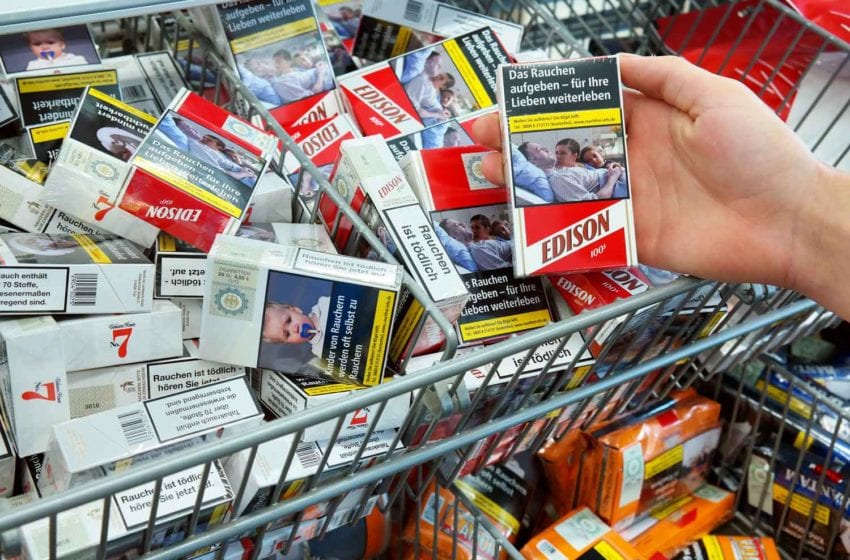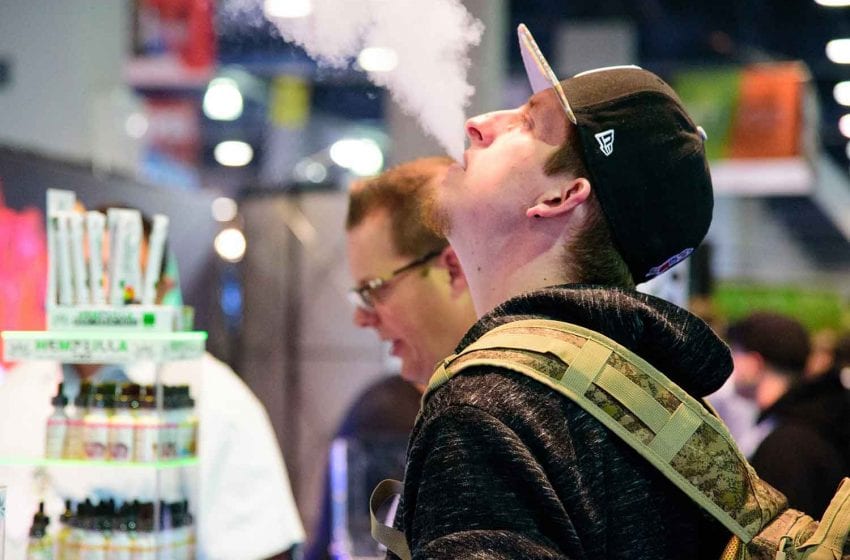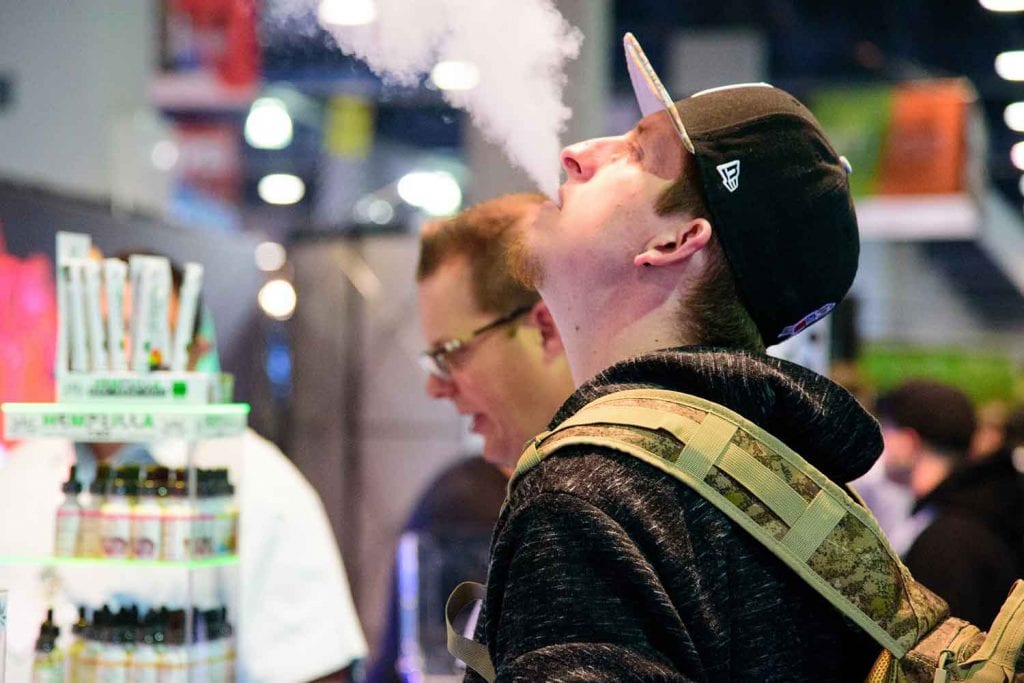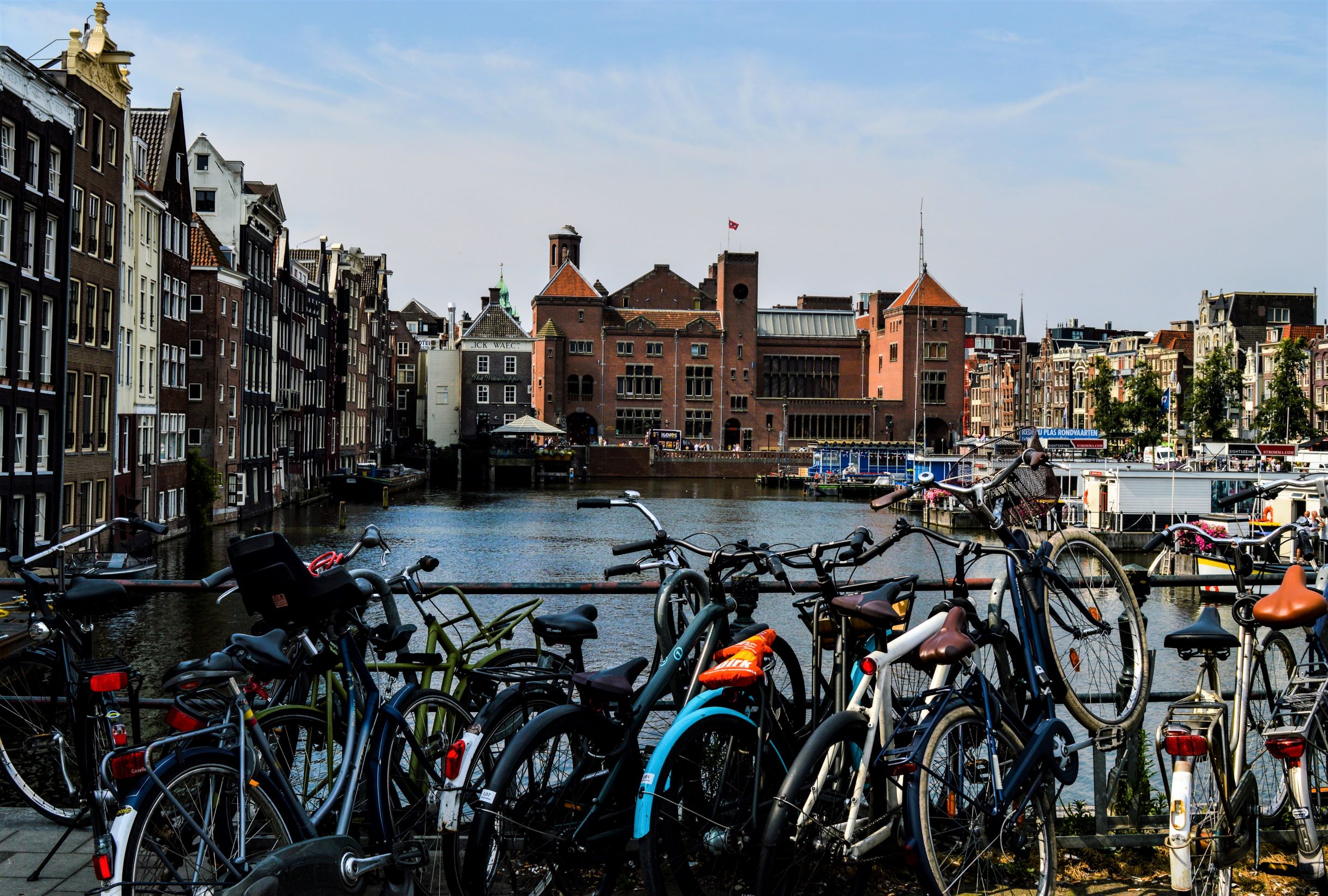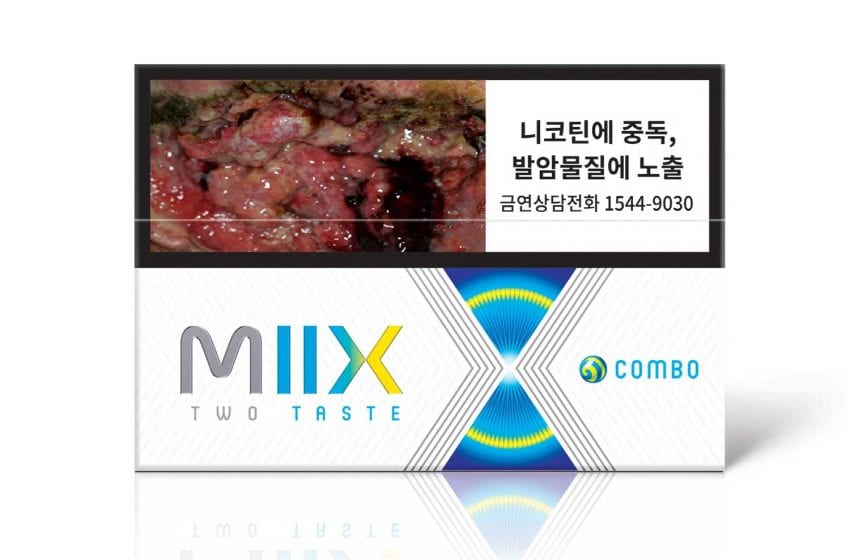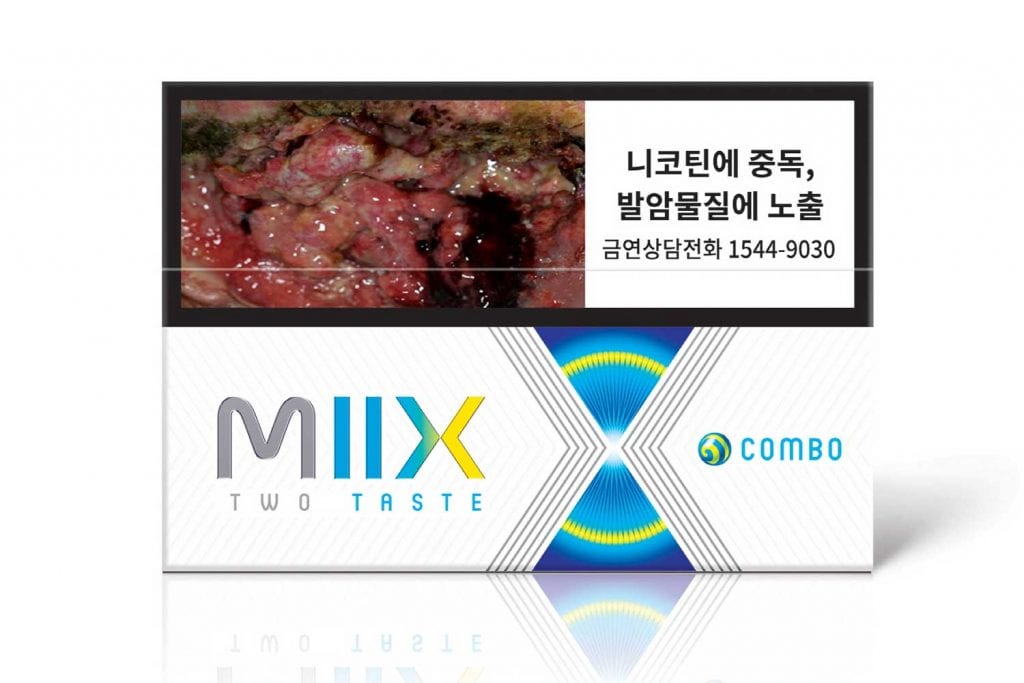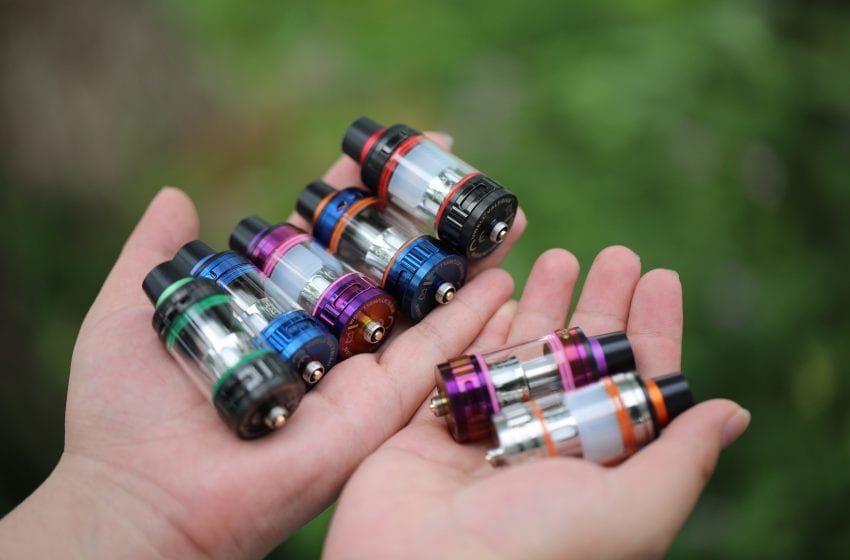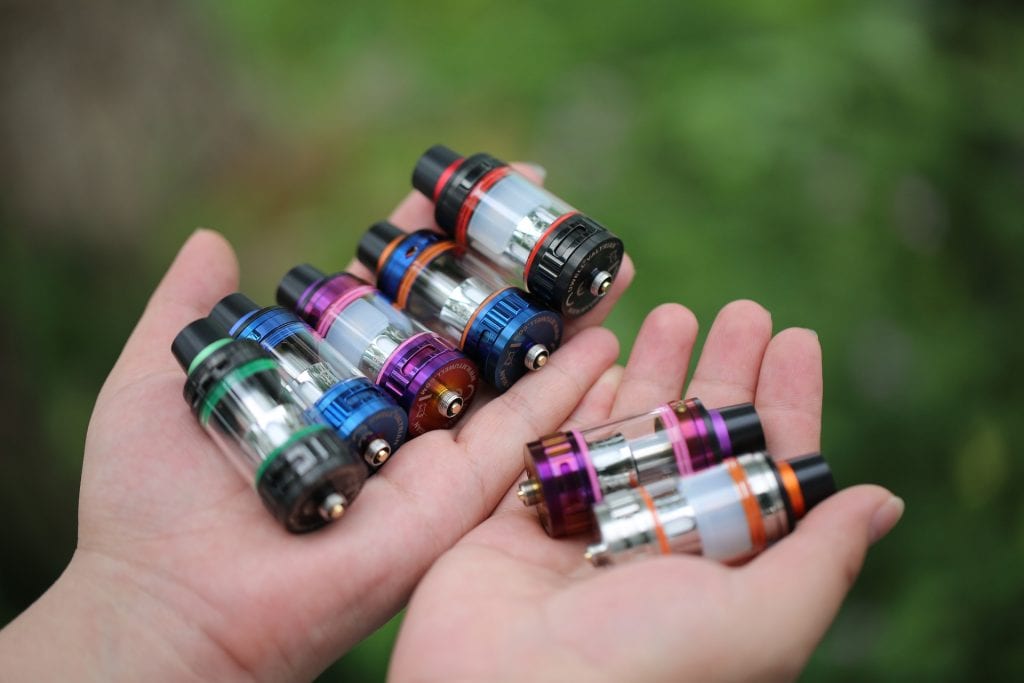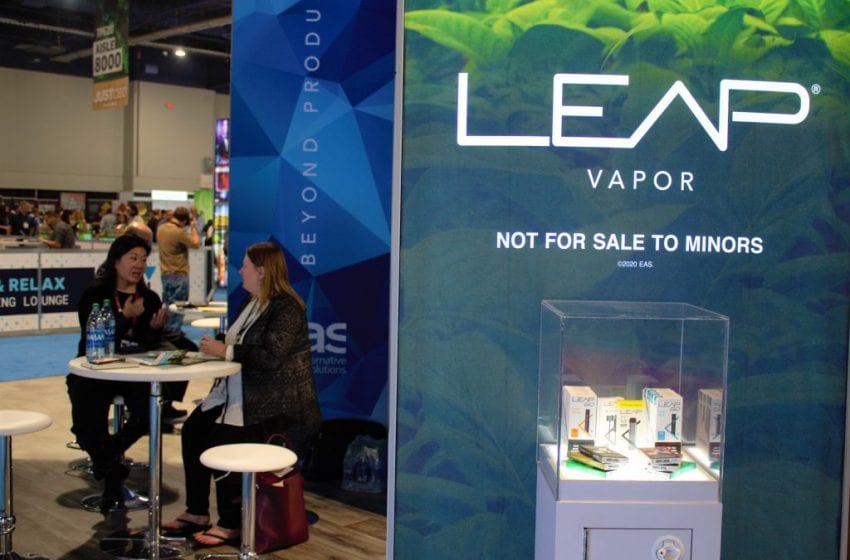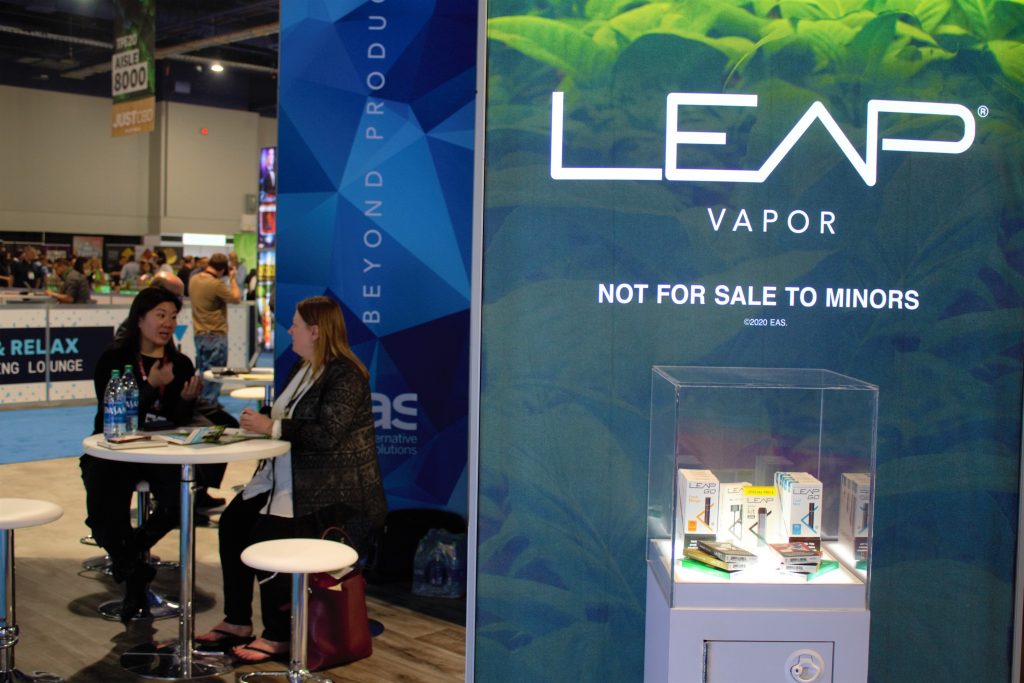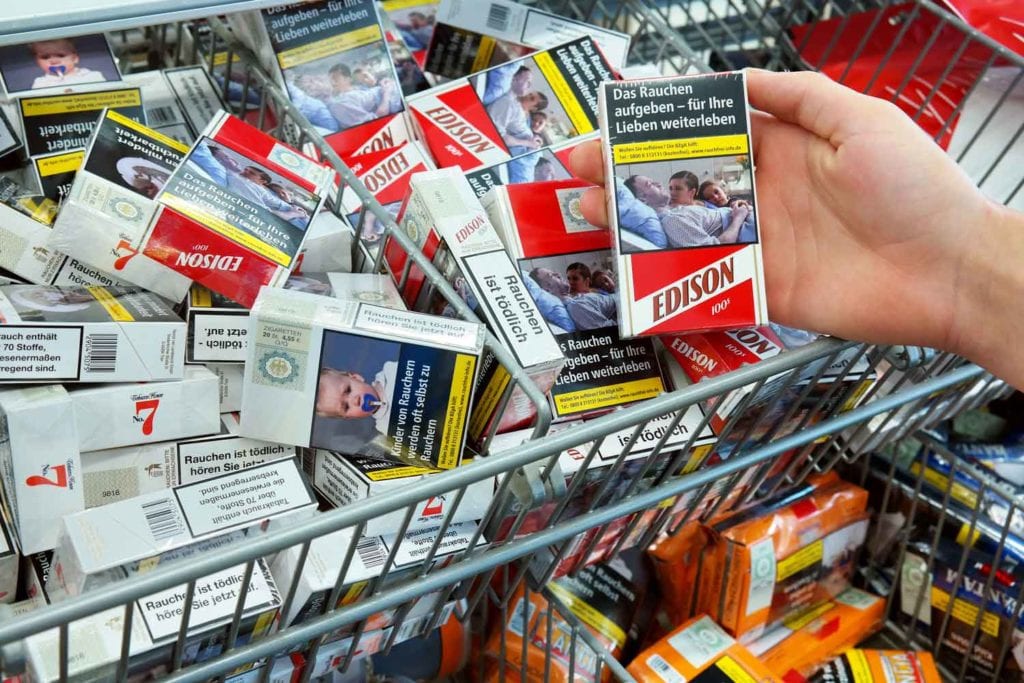
The German government plans to limit the outdoor advertising of tobacco products, reports DW. Germany is the only EU state that still allows tobacco companies to broadly advertise their products.
Under the new rules, advertising of tobacco products will be authorized only in tobacco shops. In cinemas, commercials for tobacco products may be shown only in films aimed at adult (18+) audiences. Distribution of free tobacco samples will also be prohibited outside of specialist stores.
The restrictions on outdoor advertising will be implemented in stages. They will apply from Jan. 1, 2022, for tobacco products, from Jan. 1, 2023, for tobacco-heating devices and from Jan. 1, 2024, for e-cigarettes. The new rules for tobacco advertising in movie theaters are expected to come into force at the turn of the year.
Anti-smoking activists have long pushed for tighter restrictions on advertising but met with fierce opposition. An attempt to pass similar legislation in 2016 failed to garner the required support. After resisting tighter laws for many years, Chancellor Angela Merkel’s CDU/CSU coalition changed its position at the end of 2019.
Tobacco companies expressed concern about the new legislation. Philip Morris International Managing Director Claudia Oeking suggested that, without advertising, it would be difficult to inform smokers about less-harmful products.
The tobacco industry spent an estimated €100 million ($112 million) a year on cinema and outdoor advertising in Germany.

